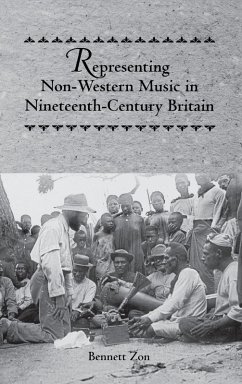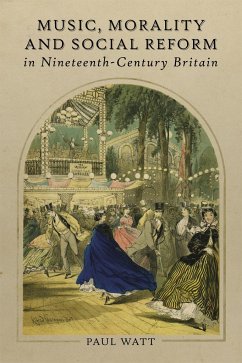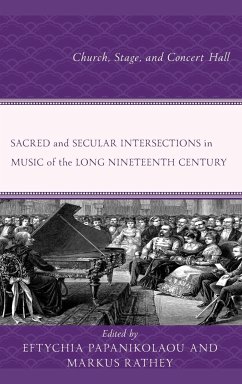
Music and Institutions in Nineteenth-Century Britain
Versandkostenfrei!
Versandfertig in 1-2 Wochen
186,99 €
inkl. MwSt.

PAYBACK Punkte
93 °P sammeln!
In nineteenth-century British society music and musicians were organized as they had never been before. This organization was manifested, in part, by the introduction of music into powerful institutions, both out of belief in music's inherently beneficial properties, and also to promote music occupations and professions in society at large. This book provides a representative and varied sample of the interactions between music and organizations in various locations in the nineteenth-century British Empire, exploring not only how and why music was institutionalized, but also how and why institu...
In nineteenth-century British society music and musicians were organized as they had never been before. This organization was manifested, in part, by the introduction of music into powerful institutions, both out of belief in music's inherently beneficial properties, and also to promote music occupations and professions in society at large. This book provides a representative and varied sample of the interactions between music and organizations in various locations in the nineteenth-century British Empire, exploring not only how and why music was institutionalized, but also how and why institutions became 'musicalized'.












